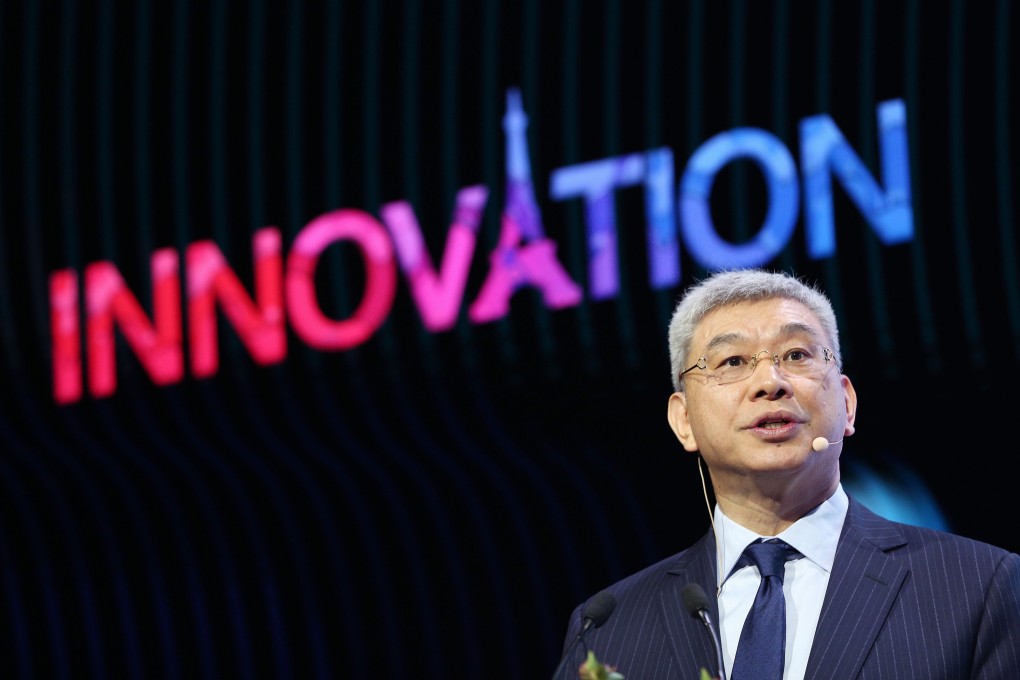Advertisement
Opinion | The West has more to gain from allowing Chinese tech into its markets than from seeking to block it
- At the pace China is developing, the West may soon be seeking technology transfers from China and not the other way around. Why not follow the Chinese playbook and impose a joint venture requirement for Chinese tech companies at the gate?
3-MIN READ3-MIN

Amid heated debates over the size of China’s share in the digitised economy, an idea that is gaining ground in Western markets is to block out Chinese technology. This, however, may be a bigger strategic blunder than leaving its doors wide open. Protectionism provides a mild feeling of security, but it also demonises economic rivals and pushes away innovation and valuable learning opportunities.
A much healthier approach would be to do what China has done over the past three decades, which is to create enough room for foreign investments with technological input and use joint ventures to draw insights and inspiration from them.
China’s emergence as one of the world’s biggest research and development investors threatens the United States’ and the European Union’s technological and economic advantage over the rest of the world, and foreshadows important changes in the global political landscape.
Advertisement
The outstanding pace at which China is developing entitles us to believe that, not too far in the future, the West will be the one seeking technology transfers from China and not the other way around.
Against this backdrop, sabotaging China in key industries will only temporarily hamper the development of Beijing’s technological clout, while adding to its motivation to become less dependent on foreign supply chains. Closing doors to China now will stoke unnecessary anti-Chinese sentiment in the world and create an environment of hostility and mistrust.
Advertisement
The US should be aware that its attempt to isolate Beijing from the world economy might just turn China into the iceberg that the “America first” ship is sailing towards, with the whole world on board. To avoid such a disastrous scenario, it is essential to preserve China’s reliance on the West, for supplies and exports.
Advertisement
Select Voice
Select Speed
1.00x
